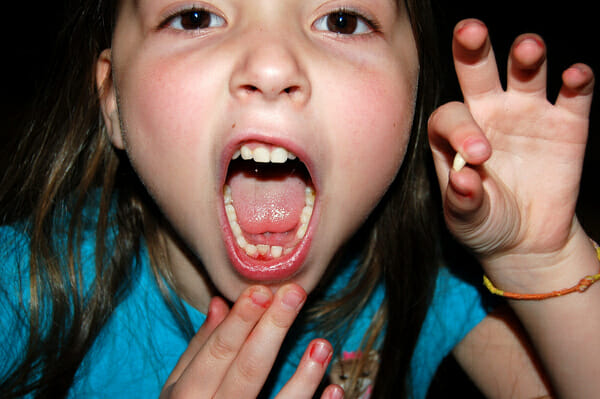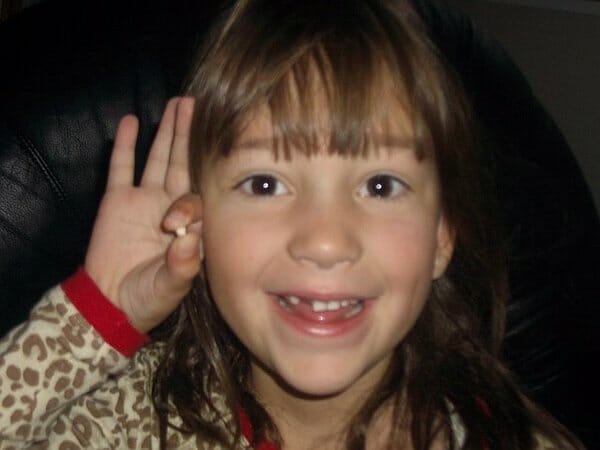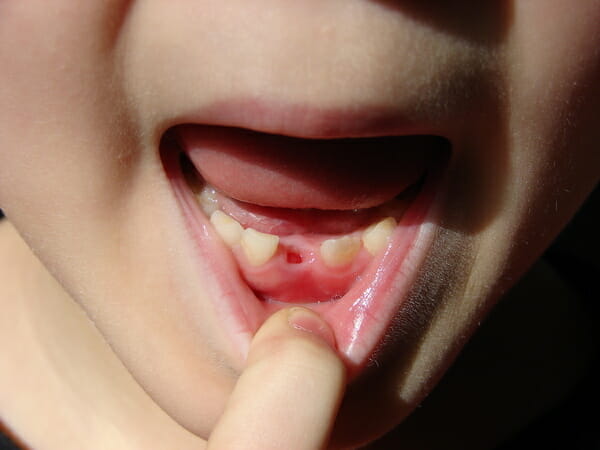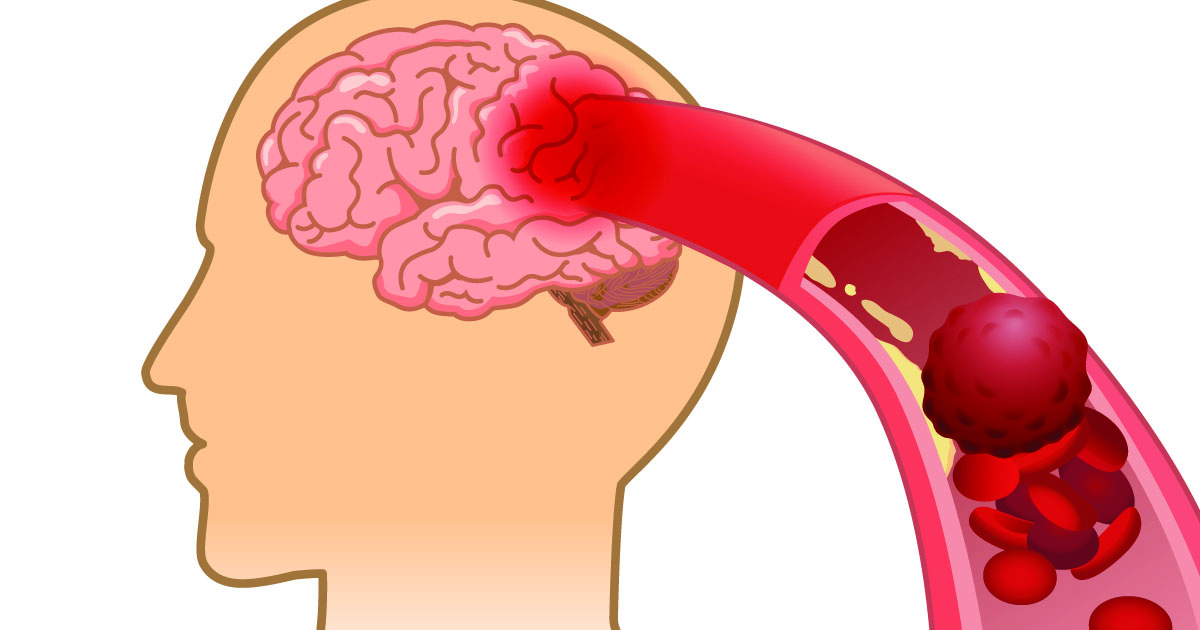Warning from Doctors: Never Throw Away Your Child’s Baby Teeth!
Losing Your First Baby Tooth
Losing your first baby tooth is both scary and exciting at the same time. I remember how excited I was, even though I cried a little when I saw blood dripping from my mouth.
Later that day, I put the tooth in an envelope and placed it under my pillow for the tooth fairy. I tried my best to stay awake to catch a glimpse of this strange, exciting creature, but of course, she only came after I had fallen asleep.

In the morning, a coin had replaced my tooth. I was over the moon and didn’t even stop to think about where my tooth had gone. But recently, I learned something incredible about baby teeth and asked my mother what she ever did with them. She said she kept them for a while, but they disappeared a few years later when we moved. It turns out that baby teeth are more useful than you might have guessed.
The Importance of Baby Teeth
A 2003 study concludes that the stem cells found in baby teeth could be lifesaving if a child ever becomes seriously ill later on. That’s because those tiny teeth can be used to grow new tissue that would be a perfect match for the patient.
The first study was conducted at the National Institute of Health in Maryland, where researchers were able to produce bone, fat, and nerve cells. Potentially, the stem cells in your child’s baby teeth could be the difference between life and death.

These days, some countries have tooth banks where parents place their children’s teeth for potential future use. Nobody wants to see their child get sick, of course. But if they did, their baby teeth could be a kind of life insurance.
Looking Towards the Future
The subject is still being researched, but places like the National Dental Laboratory are already preparing for the future. And hopefully, this will become a viable alternative in the future. It’s amazing how much is happening in the medical world right now. What was impossible a few years ago is now taken for granted!

There is still much work to be done in the medical world, but I am glad we have come this far.
Share this article if you find it interesting too!




